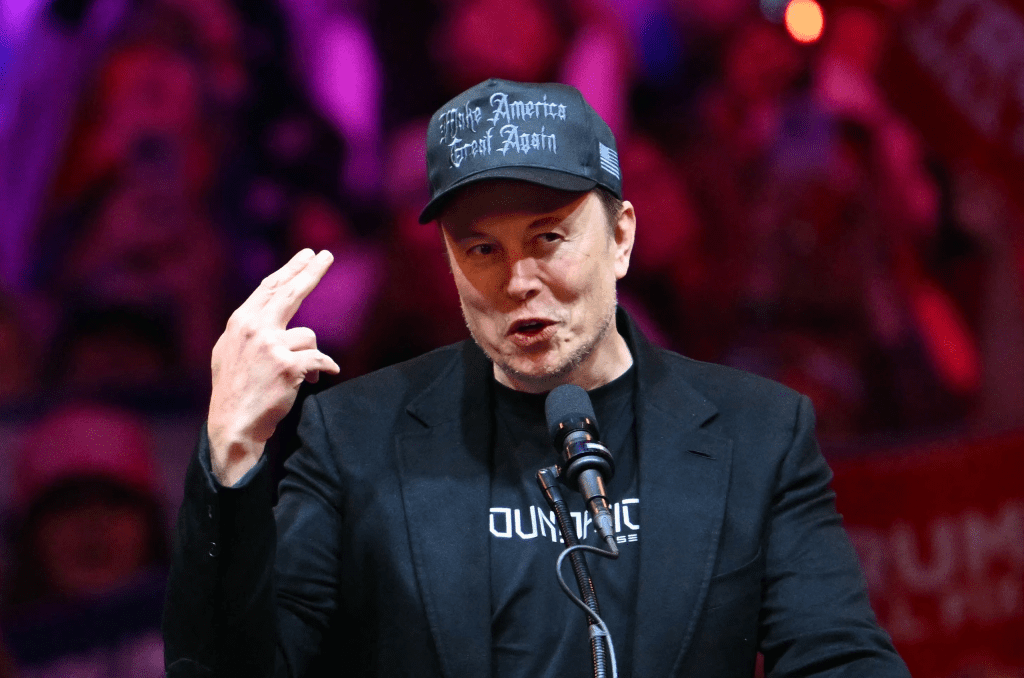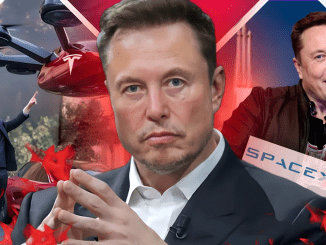In a move that has sparked widespread controversy, Elon Musk, owner of X (formerly Twitter), has made the decision to reject Disney Pride-related content on the platform. Musk has claimed that such material is not suitable for children, an argument that has sparked a deep debate about the nature of content accessible to younger audiences. Through his personal account on X, Musk expressed his disagreement with this type of programming, which has reignited discussions about the limits of media exposure and the ideologies that large corporations impose on content aimed at minors.

Musk Opposes Woke Movement and Progressive Programming
Musk’s decision to censor Disney’s Pride-related content fits into his broader criticism of progressive movements, commonly referred to as “woke.” This term is used to describe ideologies and social movements related to social justice, feminism, racial equity, and in this case, LGBTQ+ inclusion. In a tweet that sparked the controversy, Musk said: “Children deserve protection, not indoctrination. Disney’s Pride material goes beyond an idea that should be decided by parents, not corporations.” With this stance, Musk appears to be challenging not only programming that he considers politically charged, but also the marketing and advertising strategies of large companies that he says impose an ideological agenda on young people.
This development marks a critical point in Musk’s stance against the influence of corporations in public life, especially when it comes to the influence these companies have on children. According to Musk, protecting minors from potentially controversial content should be the responsibility of parents, not large corporations that control the content they consume.

Disney’s Response to Musk’s Criticism
Disney, known for its active advocacy for inclusion and diversity, especially with its ongoing support for the LGBTQ+ community, was quick to respond to Musk’s criticism. In an official statement, a Disney spokesperson said: “Our team celebrates diversity and inclusion, values we proudly uphold. We are disappointed by X’s decision, which undermines our efforts to create a welcoming environment for all families.” This response underscores Disney’s commitment to its inclusive principles and its defiance of Musk’s decision, which the company views as an obstacle to its efforts to create an environment where all people, regardless of sexual orientation or gender identity, can feel represented and accepted.
Marketing courses for influencers
Over the years, Disney has been one of the most visible companies in the fight for equality and representation of LGBTQ+ communities. However, the company has frequently been accused by its critics of forcing its political agenda on family-friendly content, which creates tensions with more conservative sectors that prefer that topics such as Pride or gender identity be kept out of programming aimed at younger audiences.
Reactions from Musk’s Supporters and Critics
Musk’s stance has sparked a mixed reaction among his supporters and detractors. Conservative commentators have applauded Musk’s decision, arguing that this is a move to protect children from being exposed to content they deem inappropriate or too complex for a young audience. One commenter said: “Elon Musk is a hero for standing up to corporate propaganda targeting children.” Such comments reflect support for Musk’s stance, which sees censorship of such content as an action to protect minors.
On the other hand, LGBTQ+ rights advocates and progressive groups have harshly criticized Musk’s decision. From their perspective, this action represents an attempt at censorship that endangers the visibility of marginalized communities, who already face significant challenges in obtaining fair representation in the media. A representative of GLAAD, one of the LGBTQ+ rights organizations, expressed: “This is a dangerous precedent that marginalizes LGBTQ+ youth who already face challenges in terms of accurate representation.” For many in the LGBTQ+ community, the inclusion of topics like Pride in the media is vital to ensure that future generations grow up in an environment of acceptance and understanding.
A Reflection of the Cultural Divide in the United States
The conflict between Musk and Disney not only reflects a disagreement over content on a social media platform, but also highlights a broader cultural divide in American society. As more companies adopt diversity and inclusion policies, a growing conservative movement argues that such initiatives prioritize politics over consumer interests. Musk, for his part, appears to view the X platform as a battleground where he can challenge what he perceives as an excess of progressive ideology in media and advertising.
Long-Term Impact: What’s Next for Disney and X?
The future of the relationship between Disney and X remains uncertain. Given that Disney is one of the largest content producers globally, its relationship with the platform could have both financial and reputational repercussions for both parties. A prolonged conflict could affect Disney’s presence on the social network and create additional tensions between free speech advocates and those who believe that content aimed at children should be free of ideological influences.
For now, the debate is still raging, with parents, content creators, and tech platforms grappling with a fundamental question: To what extent should platforms and corporations influence the content that children consume, and what kind of material is appropriate for them in an increasingly polarized world? The answer to this question could have a lasting impact on how social media and news outlets address children’s programming and the representation of marginalized communities in the future.


